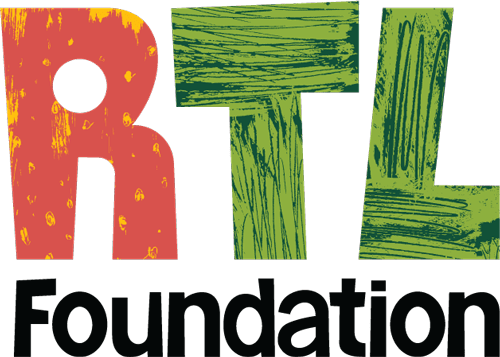
Children learning in the developing world often face various challenges, whether poor or privileged. Through the Koh Tao International Primary Project, we found that modifying teaching techniques and methods enormously impacted students’ learning abilities.
As you probably know, schools usually assess the effectiveness of an education model based on scores and grades produced through mandatory and standardised testing. We found this ineffective for our learners, as so many essential skills and developmental milestones couldn’t be assessed this way.
At the Right To Learn Foundation, building essential developmental skills and milestones has been fundamental in creating stronger learners on the island of Koh Tao. Although Thailand has increased student and school attendance numbers over the last six years, our staff and volunteers learnt to recognise some basic contributing factors holding children back from reaching their full potential in the classroom.
Factors Delaying Learning in The Developing World
Thai and Burmese children on Koh Tao face varying levels of poverty that impact their physical and mental development. However, cultural habits also play a part. Impoverished and privileged families lack basic knowledge of early childhood development and activities that encourage essential milestones.
Many children have flat heads from lying on their backs in homemade swinging bouncers or cots. Babies spend most of the day and night in these while parents work. Tummy time is a foreign concept. Babies often lack stimulation throughout the day, staying inside a one-room bungalow or shack until they can walk independently. Some children are raised in the backs of shops, in front of televisions or phones. Babies can often be seen sitting in cots or playpens for hours with little to amuse themselves.
None of this is the fault of the parents. It is simply how it is and has always been for many Burmese and Thai children raised in poor villages.
Refugees and Migrant Children
The United Nations has estimated that migrant children represent the largest group of children without access to schools in Thailand, estimated to be around 200,000. It is believed that these children are not receiving any education, potentially disadvantaging their future and their families by trapping them in a cycle of poverty.
We recognised this issue many years ago and invited local migrant and Thai children on Koh Tao to join the non-profit school project. As time passed, we developed effective educational programs using a variety of international curricula.
What was genuinely evident from the very beginning was that many of our students needed to gain basic developmental skills. Children from all backgrounds and ages joined the school with:
- Weak fine and gross motor skills
- Low verbal skills
- Short attention spans
- Slow sensory processing skills
- Poor eye contact
- Poor attachment
- Antisocial behaviours
The great news is almost all the children responded and improved when we used contemporary teaching methods based on the child’s individual needs.
What Are Contemporary Teaching Methods?
“Contemporary Teaching Methods” is just a fancy way of saying- updated and improved teaching techniques. In Thailand, the government has tried to increase student numbers in schools to increase literacy and numeracy standards. However, many schools are still using outdated styles and methods of teaching, and early learning can start as late as 6 years old. The schools are full, but the standards have mostly remained unchanged in the last 50 years.
The Right To Learn Foundation Thailand is focused on the professional development of teachers in future schools and existing schools around Thailand.
Our current training programs under development focus on:
- Lesson planning
- Classroom management
- Types of learners
- General professional development for teachers

Creating Stronger Learners
We attribute the success of Koh Tao International Primary to the school’s strong focus on the basic foundations of learning. It didn’t matter whether students were Thai, Burmese or Western. All students benefited from extended periods of early learning with a strong focus on fundamentals like:
- Numeracy
- English phonics
- Language skills
- Comprehension skills
- Social and emotional skills
- Problem-solving
This was all achieved through play and lightly structured learning experiences and opportunities. Children had fun learning stations available that could be as simple as a game or as complex as running a restaurant. We proudly achieved great results by mixing age groups and allowing the children to form age-appropriate social skills under our watchful eye.

Children With Strong Social and Emotional Skills Are Better Learners
What is more important than maths and reading? A child who can cope in the playground using life skills to navigate and solve common social scenarios. This creates a level of confidence that will carry through to the classroom.
Confident and happy children are generally better learners. These skills were taught repeatedly at Koh Tao International Primary through lessons focused on role-playing, storytelling, comprehension discussions and mindfulness practice. Most importantly, the staff were trained to talk to the children in the playground and encouraged to help students problem-solve using their words during social conflict.
